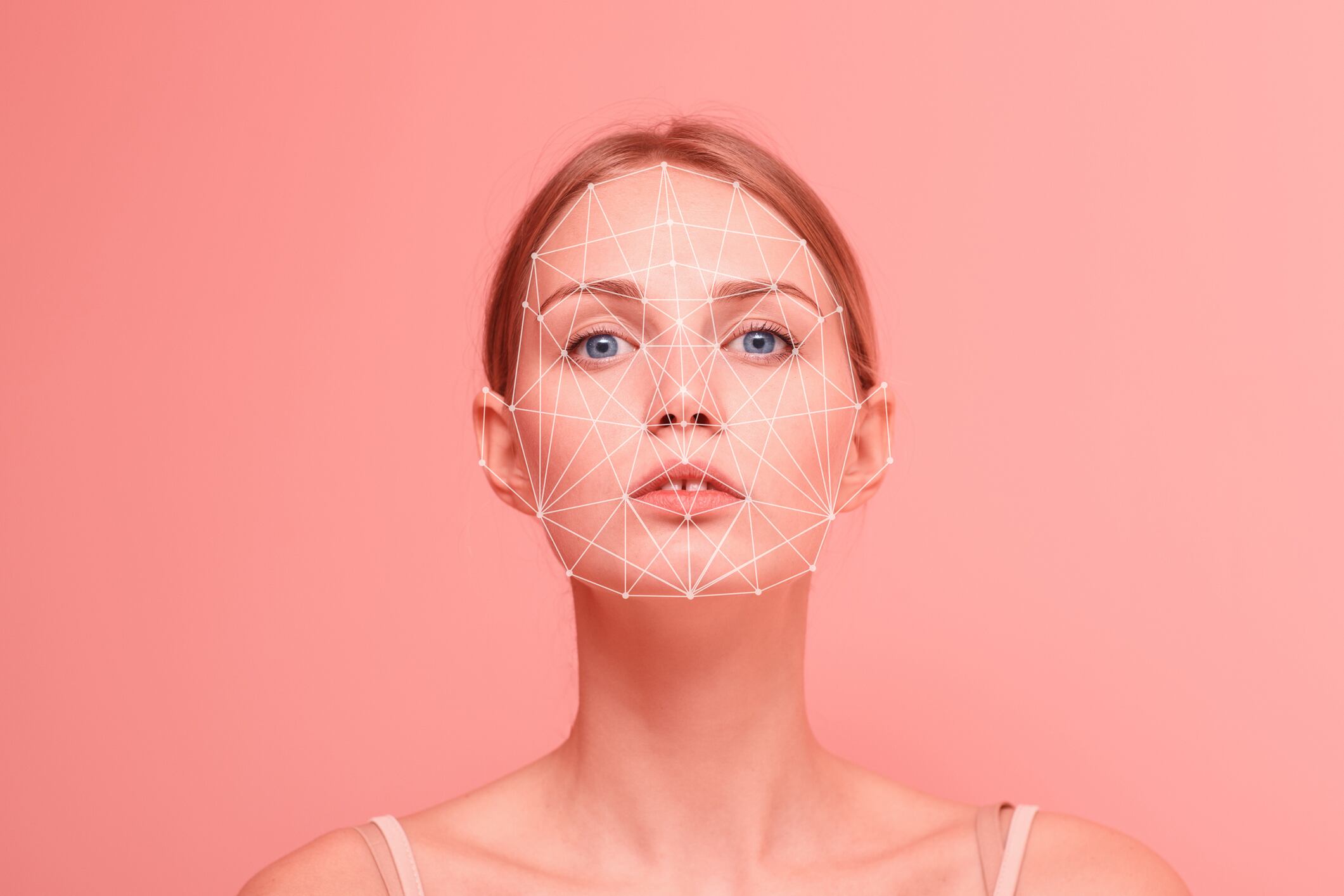Recently, American multinational artificial intelligence company Fractal Analytics announced the launch of its Flyfish platform, which a press release from the organization describes as the “the first-ever 360-degree generative AI platform for digital sales.”
The technology works by “providing consultative experiences via intuitive sales advisors and transforms digital sales by analyzing an individual’s buying patterns, purchase history and preferences to create a personalized shopping experience that increases revenue and builds loyalty.”
For cosmetics and personal beauty care brands, Flyfish’s “data-based approach understands what consumers are looking for instantly and can guide them to the right products digitally, while still feeling like a human interaction,” the release continued, affording businesses with the ability to “quickly begin by syncing product catalogs, marketing collateral, and other relevant data…easily configure, train, and create an AI Sales Advisor…and [continuously analyze] customer interactions and sales data through customizable analytics dashboards, allowing for the collection of valuable insights and data.”
To learn more about the potential impact Flyfish can have on manufacturing and supply companies to the cosmetics and personal care product industries, the platform’s development process, and the potential industry pain points the platform can solve, CosmeticsDesign interviewed Shridhar Marri, CEO and Founder of Flyfish for his insights.
CDU: What is the potential impact of this innovation in generative AI shopping tools for manufacturers and suppliers to the cosmetics and personal care product industries?
Shridhar Marri (SM): The personal care industry is going through a massive makeover with AI technologies. With the latest addition of Generative AI to the mix, the industry is set to reimagine the way it engages with consumers and establish direct, one-on-one relationships with them at scale.
The industry will now be able to treat consumers as unique individuals and empathize with their highly nuanced context, concerns, and preferences rather than treating them like a segmented data point. With Flyfish, brands will now be able to create endearing shopping journeys for every customer with personalized care routines, and product offerings.
Flyfish algorithms offer the best choices in personal care out of millions of options in real time. Besides increasing revenue, boosting engagement rate, and improving net promoter score (NPS), Flyfish can also derive deeper insights that can alter the way the products are designed, demand is forecast, and inventory is managed.
CDU: Can you share some background information about the development and launch of Flyfish?
SM: Online shopping has always been impersonal and cold. This problem becomes even more acute when shopping for personal care products. Flyfish solves this problem with Consultative Shopping Experiences. In fact, multiple surveys indicate that people need real-time assistance while shopping online.
Imagine you’ve been invited to a college reunion party. The theme is sun, sand and surf. You want a specific look that is appropriate for this occasion. Brands do not offer any help in this situation.
Or imagine you are looking for a new skincare routine. You have a combination skin, and you have been experiencing some dryness and occasional breakouts. Even in this case, brands do not offer any guidance.
The world is awash with billions of such highly nuanced contexts. We wanted to solve this problem using deep learning models both from the consumer context and brand point of view. Thus, Flyfish was born at the intersection of consumer insights and rapid technological advancements. Today any brand can deploy Flyfish’s Consultative Shopping Experiences on any digital channel providing trusted advice to consumers.
CDU: How does Flyfish work?
SM: Brands can quickly create AI Sales Advisors in 4 simple steps:
Step 1: Ingest your product catalog, marketing collateral, etc.
Step 2: Connect with your CRM or other enterprise systems where required.
Step 3: Configure, train, and create an AI Sales Advisor in Flyfish using choice Large Language Models and Flyfish Domain Models.
Step 4: Test and launch the AI Sales Advisor in a digital channel of choice.
Customers can continuously analyze the end-consumer interaction and sales data using custom analytics dashboards and retrain the AI Sales Advisors periodically.
CDU: What pain points does Flyfish solve for suppliers to the cosmetics and personal care product industries?
SM: Brands may choose to share deeper consumer insights derived from millions of interactions over a period, with their suppliers to transform their research into materials, quality of compounds, organic ingredients, health trends and even changing body expectations and mental health concerns.
CDU: Were there any challenges in the development and implementation of this AI technology? If so, what were those challenges and what solutions were developed to address them?
SM: There were various challenges that we addressed:
Building a humanlike conversational experience – the previous generation of shopping assistants were quite robotic and structured. Also, they were trained on smaller datasets, so their knowledge was quite limited.
We wanted to ensure that AI sales advisors built using Flyfish are truly conversational, and people can have free-flowing, multi-turn conversations with them. We built a logic that effectively retains context so that shoppers can interact in a human-like way, and don’t have to repeat themselves.
Accurate product recommendations – Flyfish has a built-in product recommendation engine, which analyzes consumer context and needs, and matches it with the most relevant products available in the catalog. While we do support integration with third-party personalization engines, it is always great to have a capability that’s built right into the platform.
Large language models (LLMs) per se have no guardrails. While LLMs provide humanlike interactions, they come with several limitations such as hallucination. So, it was of utmost importance to create enough guardrails around the experience and thereby ensure reliable and authentic information exchange based on brand guidelines.
360-degree Platform experience – Brands need a full-fledged platform that can transform digital sales with Consultative Shopping Experiences. We have made this possible with a wide array of capabilities. These include instant document ingestion, one-click product catalog integration, pre-built connectors for backend systems, and the ability to quickly train and deploy the AI Sales Advisor on multiple channels.
CDU: What are Fractal’s future plans for further development and innovation in this area?
SM: Flyfish has a well laid out roadmap over the next 4 to 8 quarters with a plethora of new capabilities. While we already have great features such as powerful ingestion capabilities, omnichannel engagement, seamless transfer to human experts, custom journey mapping, and in-depth analytics, future development will focus on multimodal engagement, dynamic content generation and outreach, personalized cross sell capabilities and sales intelligence.





